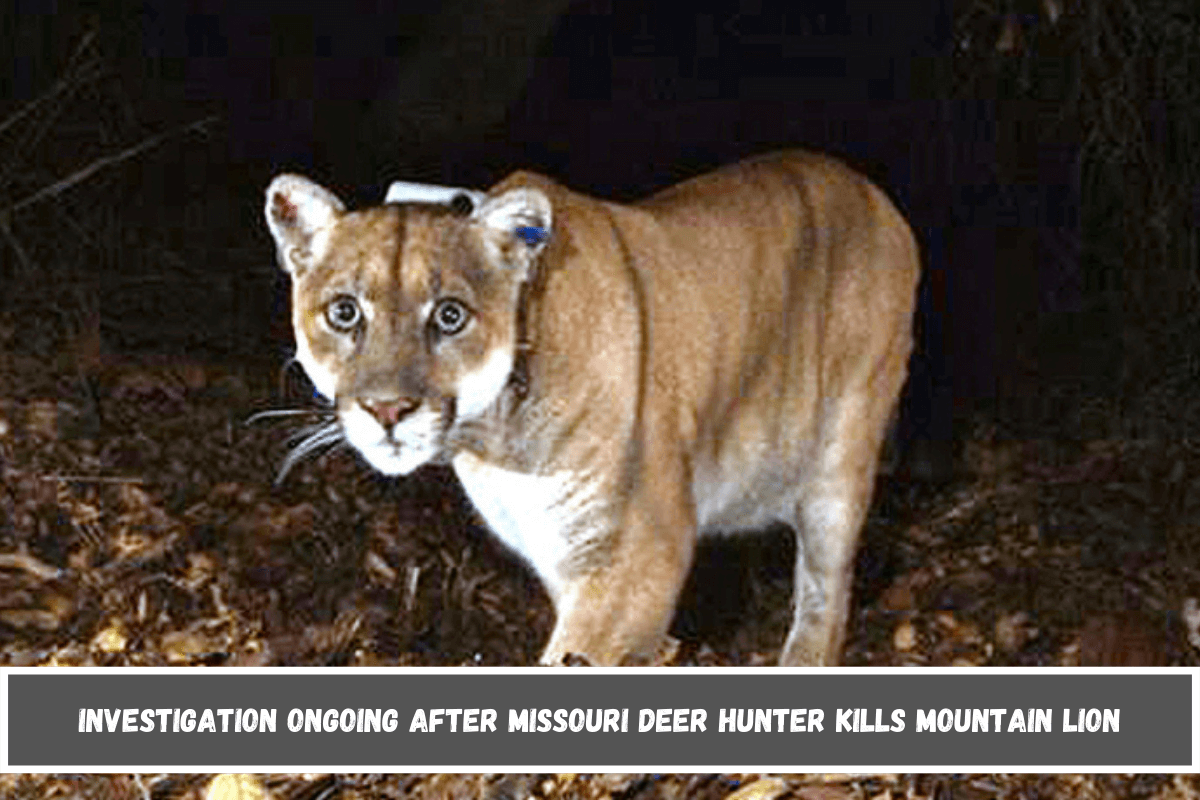Iron County, Missouri – A deer hunter in rural Missouri killed a mountain lion over the weekend, prompting conservation officials to launch an investigation.
The Missouri Department of Conservation is “aware” of an event in which a deer hunter killed a mountain lion in Iron County, Missouri. The event occurred during Missouri’s firearms deer hunting season, which began last Saturday.
Additional information on the mountain lion’s demise, such as whether it was killed inadvertently or maliciously, has not been released. Missouri wildlife officers are “actively investigating” the circumstances surrounding the mountain lion’s death.
Mountain lions are said to be rare in Missouri. From 1996 to 2024, MDC confirmed only 120 mountain lion reports and stated that there is “no evidence of a breeding population” for the species in Missouri.
When a mountain lion is killed in the state, MDC follows protocol to evaluate the incident and determine whether the death was justified.
Although there are no designated hunting or trapping seasons for mountain lions in Missouri, there are some conditions under which a mountain lion may be killed without prior permission.
According to MDC, mountain lions may be killed if they attack or kill livestock or domestic animals, or if they pose a risk to human safety. Essentially, the conditions must support self-defense or protection.
“The Department does not condone the indiscriminate killing of mountain lions, but we understand the need to allow people to protect livestock and human safety if they are threatened,” according to MDC.
In circumstances where shooting a mountain lion is deemed unnecessary, hunters may face fines, suspended or revoked hunting permits, as well as prosecution or civil penalties.
The Missouri Department of Conservation classifies mountain lions as ambush predators distinguished by their big size, uniform tawny brown hue, long cylindrical tails with a black tip, and small rounded ears that are not tufted.
Mountain lions can also help to stabilize ecosystems by reducing herbivore numbers, invading species, and improving soil fertility and biodiversity. They are thought to be most common in Lewis, Madison, Warren, and Wayne counties in Missouri.











Leave a Reply